Despite the TV licence fee remaining a legal requirement, the BBC gave an update today about the work of the TV licensing inspectors, as well as new data on over-75s who no longer get a free TV licence.
The TV Licensing body normally employs inspectors who are tasked with finding people who are legally required to pay the fee.
Last November, in between national lockdowns, it was reported that those inspectors were back to visiting potential non-payers.
Those inspector visits have since been stopped, however, and today – in an update published by the BBC – it was revealed that “all visiting is currently suspended in line with coronavirus restrictions.”
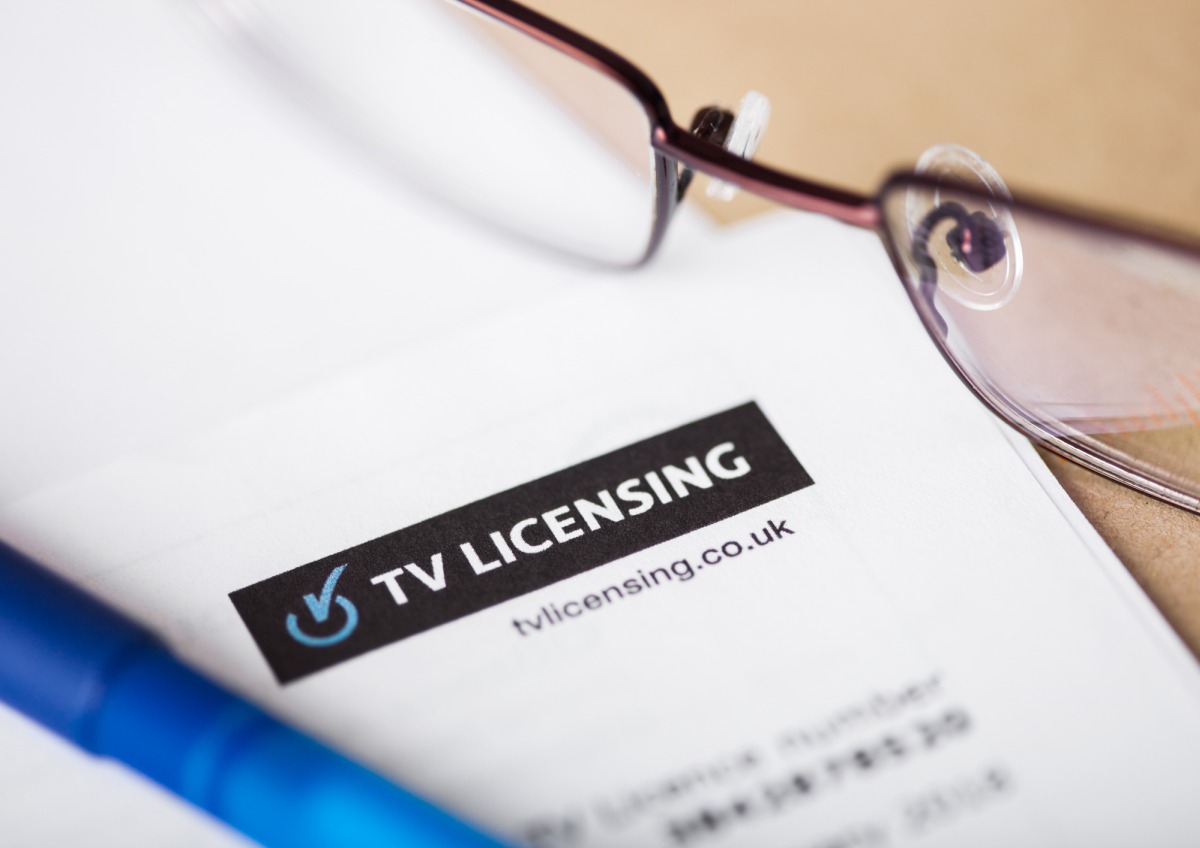
In addition, TV Licensing also addresses debt collection at these times, on the official website:
“We appreciate that some customers may be struggling to make payments at the moment. We have temporarily stopped passing customers who have not kept up their payments to our debt collection agency.”
The TV Licence fee that is used to fund the BBC currently stands at £157.50/year, but will go up to £159/year on April 1. Anyone who watches the BBC live, or streams it via BBC iPlayer, has to pay the fee.
In addition, if you watch any live TV from any broadcaster (even an international one) – you also need to pay the fee (See our full guide on whether you need to pay the TV Licence fee or not).
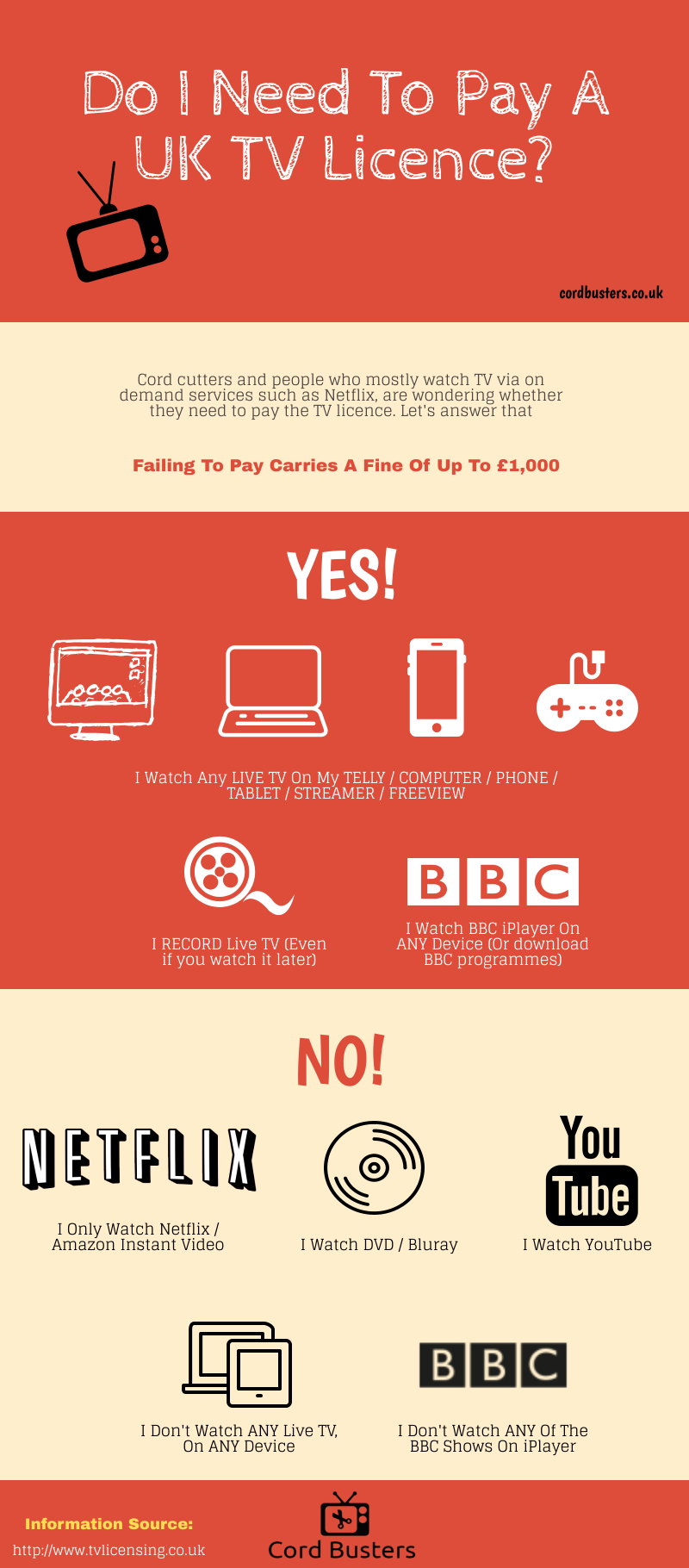
Failure to pay the TV licence fee is a criminal offence, and evaders can end up paying a fine of up to £1,000 or even go to jail in rare cases.
Regarding possible imprisonment, the BBC emphasized today that “people cannot be imprisoned for TV licence evasion”, and instead “can be imprisoned for non-payment of court fines, which can include fines associated with non-payment of a TV licence.”
While that’s a thin distinction, it’s worth noting that as of 30 June 2020, there were no people in prison for failing to pay a fine related to the non-payment of a TV licence in England and Wales.
However, 174,416 people were found watching TV without a licence in 2019/20, and there were a total of 114,000 convictions of TV licence fee evaders in 2019 (up 3% from 2015).
Recently, data from the Ministry of Justice showed that 74% of all those convicted of TV licence fee evasion in 2019 were women, usually for the simple fact that they were more likely to be at home when the inspectors came knocking.
Last month, following an eight-week long consultation, the government decided to leave the current TV Licence fee criminal sanctions as they are, with a possible revisit of the issue in 2022.
TV Licence Fee For The Over-75s: The Numbers
Earlier this year, there were also TV Licence fee changes for the over-75s, as the government phased out subsidies the BBC was getting.
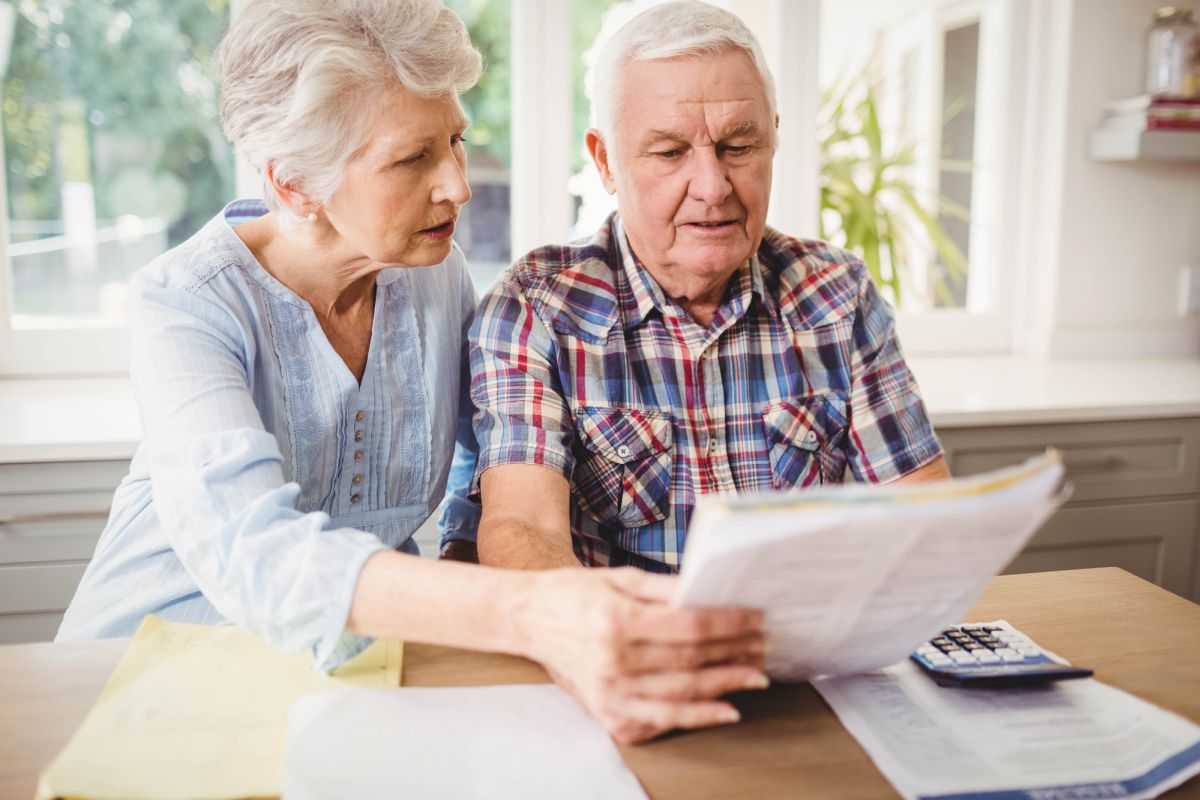
When the government decided to phase out those subsidies, it tasked the BBC with either paying for this exemption from their regular budget, or decide on a new scheme.
According to the BBC, this exemption would cost £745 million a year – around 20% of the BBC’s budget. Therefore, starting last August, over-75s were no longer exempt from paying the licence fee.
The only ones who are still exempt are those who receive Pension Credit.
In the update published today, the BBC revealed some numbers related to the over-75s licence fee transition:
As of August 2020, there were 4.2 million over-75 households with free licences that, under the new policy, needed to transition to new paid (or free, to those eligible) licences.
According to the BBC, more than 84% of over-75 customers have made TV Licence arrangements, with over 2.7 million over 75s licences purchases and 750,000 free licence applications.
As for correspondence and enforcement, the BBC say they only wrote to over-75 households twice, explaining the new terms – and then reminding those who haven’t paid yet.
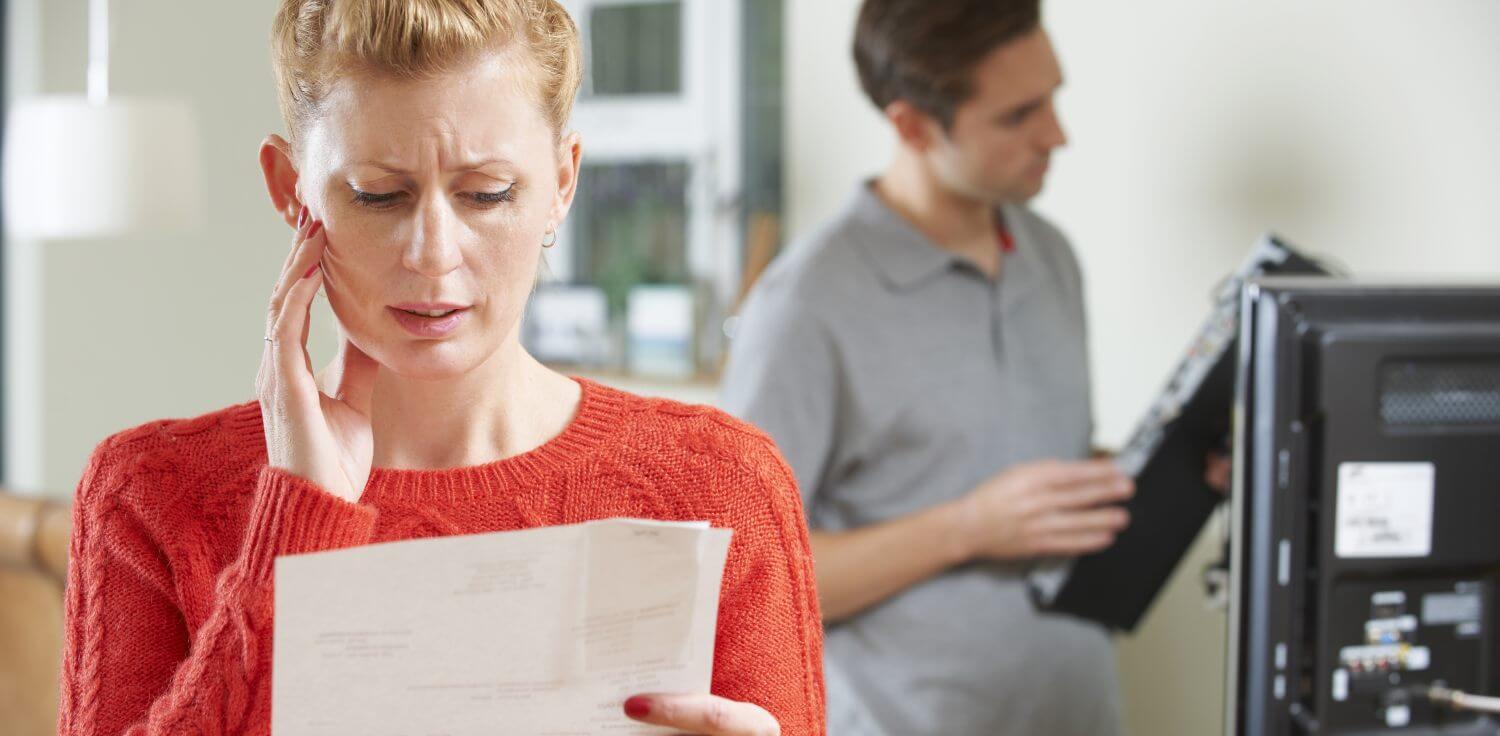
A third reminder has now been sent to those who haven’t made contact yet.
However, no enforcement or inspection visits have been authorised to anyone who had previously held a free over-75s licence, so far. And, as mentioned, all visits have been suspended due to the current lockdown restrictions.
With national lockdown measurements possibly easing next month, it remains to be seen when – and how – licence fee enforcement will resume.
TV Licensing says it “will continue to review and adapt our approach according to updated government guidance.”
Want more weekly updates about the licence fee and other TV topics? make sure you Subscribe to our free newsletter.
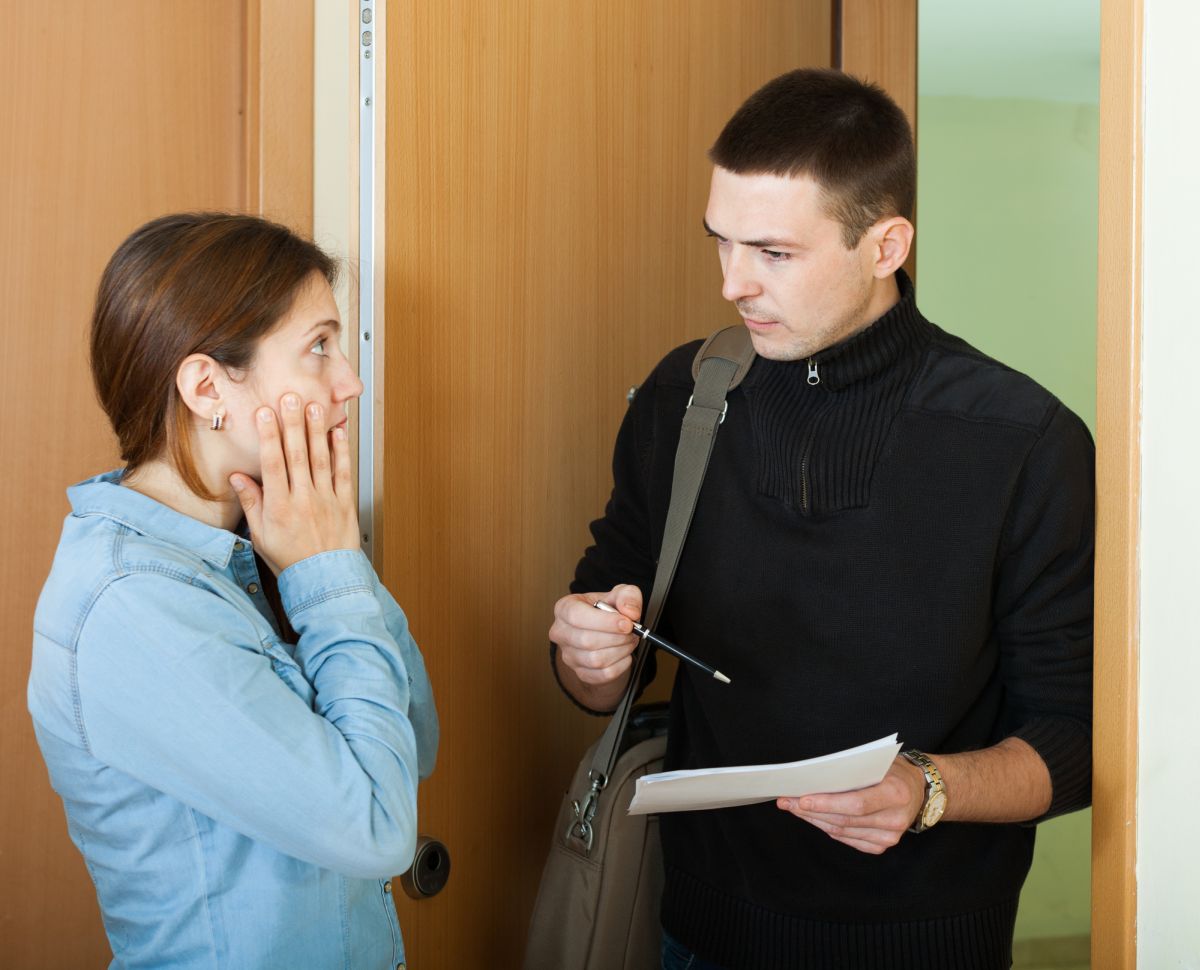
They are not allowed into your property without a warrant.
So if an agent does come to your door say nothing and politely close it.
you don’t need a TV licence to watch Netflix Amazon prime or any streaming service on your television it is only live broadcasts and iPlayer. So watch all 4 or iTV hub on broadband for free.
TV licence is joke all tv programmes are repeats
I don’t think that people over the age of 75 should pay for a licence. And one more thing to say that who wants to watch cooking programs all time and things that celebrates what they’re doing put something good on the television for people 2 enjoy
Yes they say they are not allowed to come into the property because of COVD restrictions which is understandable so do we really want to do business on the doorstep! Not me!!!